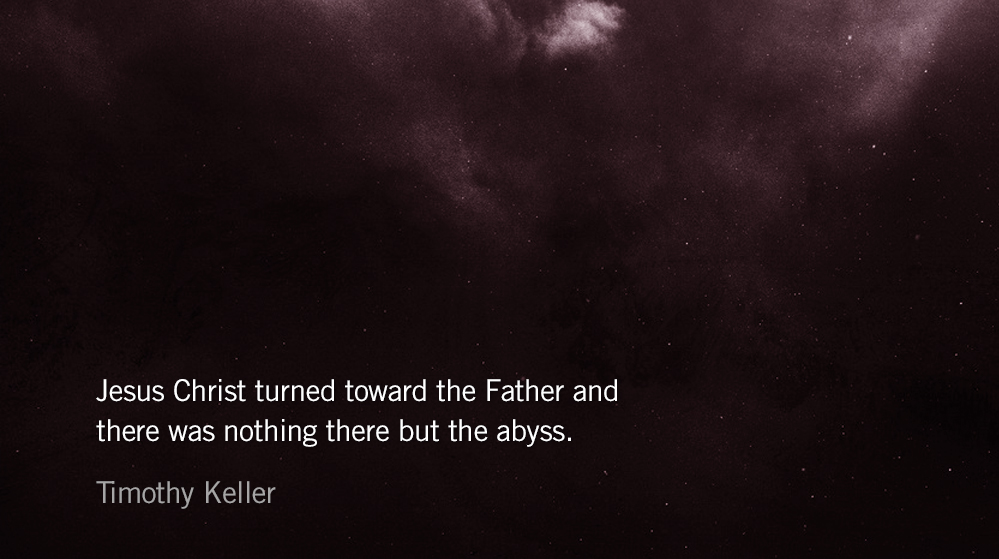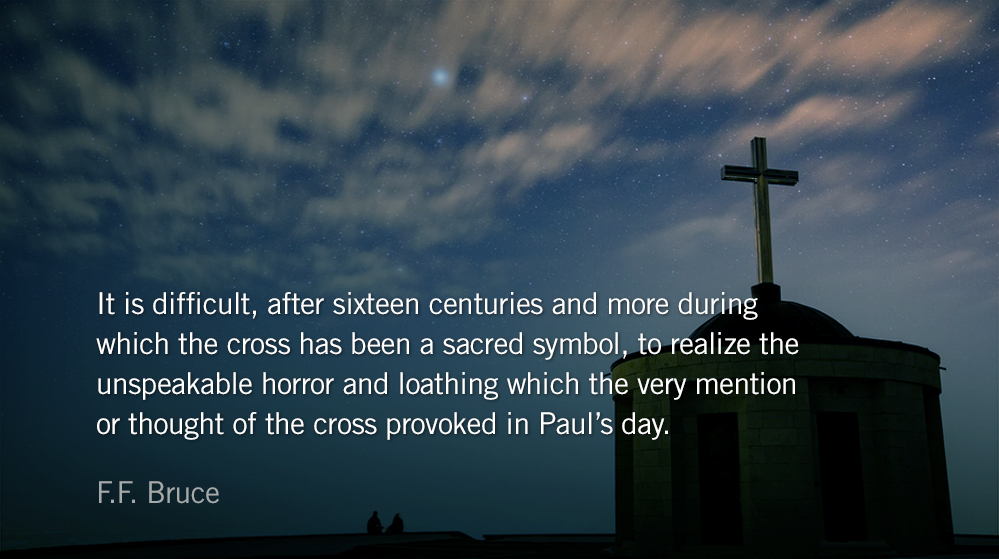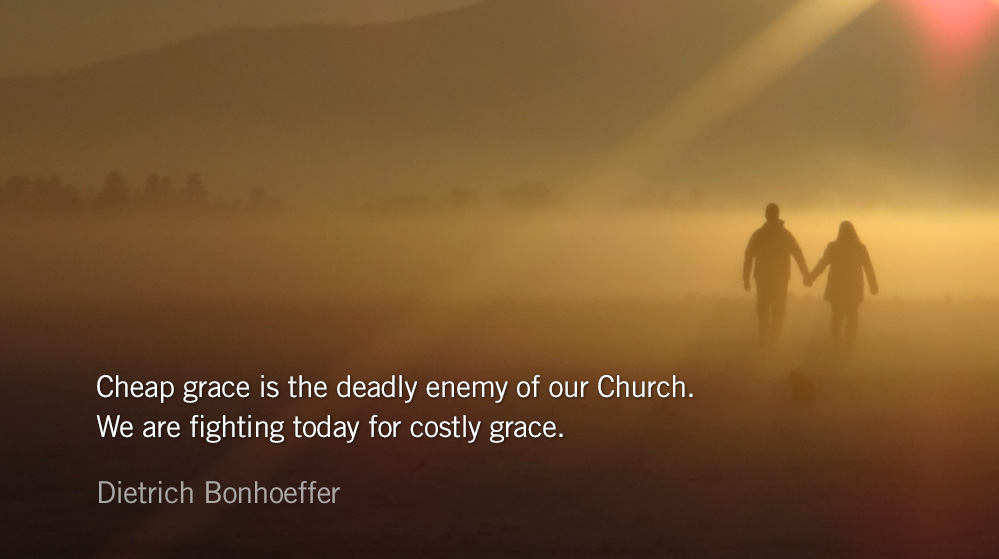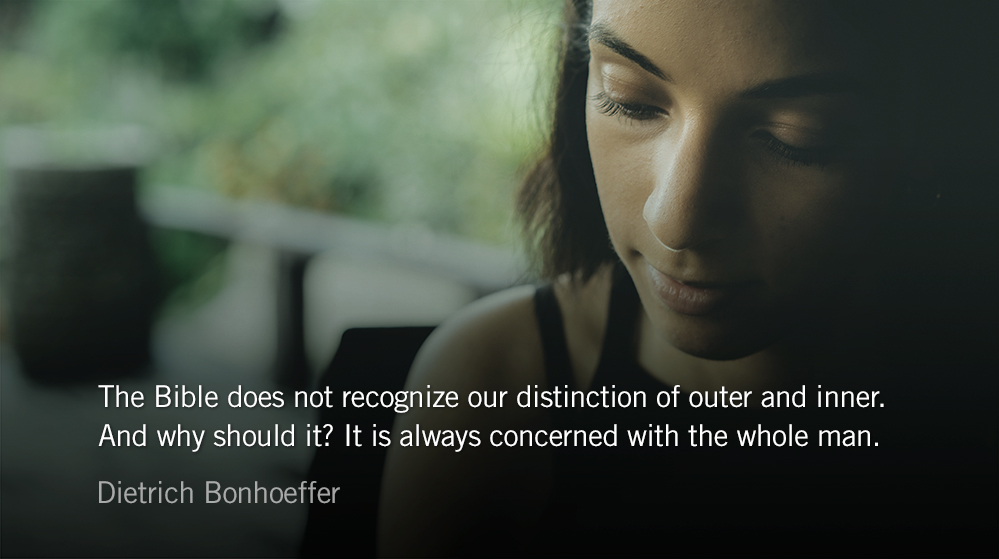Then all the disciples left him and fled.
— Matthew 26.56
Lenten Reflection: The Abandoned Savior
The Park Forum
God, we abandoned you.
It was the darkness in our hearts that caused your Father to turn his back on you. Eternal unity broken by our sin. Truly we would have been counted among your disciples that night. When you asked, “remain here, and watch with me,” we would have slept. Disquieted by evil—though we stood in the presence of the very one who could save us—we would have fled.
My God, my God, why have You forsaken me, and why are You so far from helping me, and from the words of my groaning? — Psalm 22.1
You were forsaken because you embraced the consequences of our brokenness. Your body broke under the weight of hell.
He was despised and rejected by men; a man of sorrows, and acquainted with grief; and as one from whom men hide their faces he was despised, and we esteemed him not.
Surely he has borne our griefs and carried our sorrows; yet we esteemed him stricken, smitten by God, and afflicted.
But he was pierced for our transgressions; he was crushed for our iniquities; upon him was the chastisement that brought us peace, and with his wounds we are healed. All we like sheep have gone astray; we have turned—every one—to his own way; and the Lord has laid on him the iniquity of us all. — Isaiah 53.3–6
Lord we ask only this: may we not forsake your sacrifice by defining our lives by our own failures and fleeting successes rather than the glory of your grace and peace.
Yet it was the will of the Lord to crush him; he has put him to grief; when his soul makes an offering for guilt, he shall see his offspring; he shall prolong his days; the will of the Lord shall prosper in his hand.
Out of the anguish of his soul he shall see and be satisfied; by his knowledge shall the righteous one, my servant, make many to be accounted righteous, and he shall bear their iniquities.
Therefore I will divide him a portion with the many, and he shall divide the spoil with the strong, because he poured out his soul to death and was numbered with the transgressors; yet he bore the sin of many, and makes intercession for the transgressors. — Isaiah 53.0-12
Prayer: The Refrain for the Morning Lessons
Do not let your hearts be troubled. You trust in God, trust also in me. — John 14:1
– From The Divine Hours: Prayers for Springtime by Phyllis Tickle.
Full prayer available online and in print.
Today’s Readings
Leviticus 17 (Listen – 5:36)
Psalm 20-21 (Listen – 3:17)











